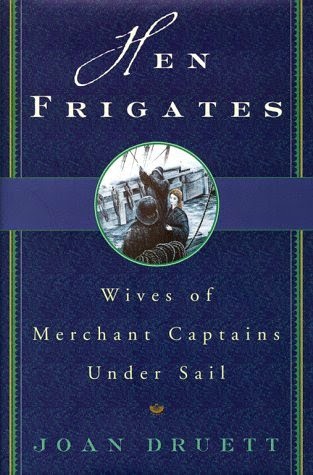Okay. In my defense, it is not for lack of trying. I have curled up with literature's favorite repressed love story several times. In theory, it should be my favorite kind of book: spunky heroine, spunky authoress, social intrigue, and most importantly, British people riding British tropes like little trope show ponies. And yet... and yet.
For years, I have been able to hold up my end in an Austen conversation through sheer osmosis, even inherited a bit of the Darcy inspired swoon that is so common among young women of a certain age, but have been haunted by the nagging reality. I have never read a Jane Austen novel. As someone who can read a couple of books in a day if she tries, I sometimes feel as if I don't have an excuse to read a book that I don't have interest in if it is canon. There's almost a sense of responsibility to yourself, to better understand common influences. Everyone wants to feel well read and culturally in tune. Sometimes, when something that resonates with so many people doesn't strike a chord in you, it can make you feel a little broken. And so I have nursed the sore of my Austen free reading record for a very long time indeed. With this winter sowing its brain death seeds in every New Englanders' cup of tea by February, I decided that there was no better way to fight the slump of the season than by taking on a reading challenge. And, I reasoned with myself, what could possibly be more challenging than Austen?
I knew I couldn't read Pride and Prejudice. If I failed to complete it yet again, I might never recover and even the over-arching cultural charm of the work might fall short of reviving my interest. I've seen the movie for Sense and Sensibility and love it because Emma Thompson and, just in case I despised the book, I steered clear so as not to ruin a favored film. And so I chose Emma, the only major work that I was completely and utterly unfamiliar with. As a bonus, someone dear in my life often refers to me as "Miss Emma Wodehouse" and I figured I might as well use this challenge as an opportunity to get to the bottom of that comparison (by the way, I can see it now).
It was rough.
I made excuses to avoid it.
I watched an entire season of Criminal Minds.
I decided I was behind on my aimless internet reading and took admirable steps to repair that.
And when I pulled myself over that finish line and everyone and their best friends got married, I looked back on the entire week that it took me to read my first Austen novel and realized
I didn't hate it.
While I may not have converted into a Jane Austen fan by any stretch of the imagination, I am glad that I undertook this because I now completely understand why people adore her works. I realized it was never a matter of quality, but a question of taste. I don't read romance novels. Unless there is a love interest standing in the way of my taut non-romantic conflict, I don't really want to read about it. In high school, I would reach the romance portion of a YA novel and roll my eyes, flipping past all of the quivering, sideways glances, and sighing. I love romantic films and, for whatever reason, that medium resonates with me, but I've never had much of a desire for my literature to be served hot, if you know what I'm saying. That being said, Austen will probably never be what excites me about coming home from a long day of work. But at least I now know why she provides just that for so many people.
Jane Austen totally gets it. I imagine her sitting on the edge of the activity in the parlor and simply watching. She was so very clearly a great student of the strange ways of the human heart in every kind of relationship, daughter-father, woman-man, woman-woman, and every nuanced sort of interaction in between. I felt an enormous intimacy while reading Emma, watching unbiased character sketches play out in just the way as people always do, of any class or creed, petty and generous and dear and conniving in turn, all in the same heart. Austen understood the power of a single word or the pain that can come from an off-handed sort of gesture. She understood what drives us to wound or to interpret our way to being wounded. Reading her dialogue, I simmered a little in my crock-pot of literary elitist jealousy. The dialogue was so alive and believable, that I felt as if it was overheard. Austen had the rare ability to know which words needed to be left out to say the most and writers spend their entire lives without even realizing that that is a lesson they need to learn. But Austen does not need me to defend her or even to go on about what made her so special. With or without my patronage, she has gently walked into so many hearts throughout history and whispered them love and hope and healing. My taste or opinion cannot do the slightest bit to change how darn wonderful that is. All I can do is bow my head to her prevailing charm and gentle wit and scuttle back to my museum of quirky wonders.
"There is no charm equal to tenderness of heart."
~ Jane Austen's "Emma"
So true, Jane. So true.


